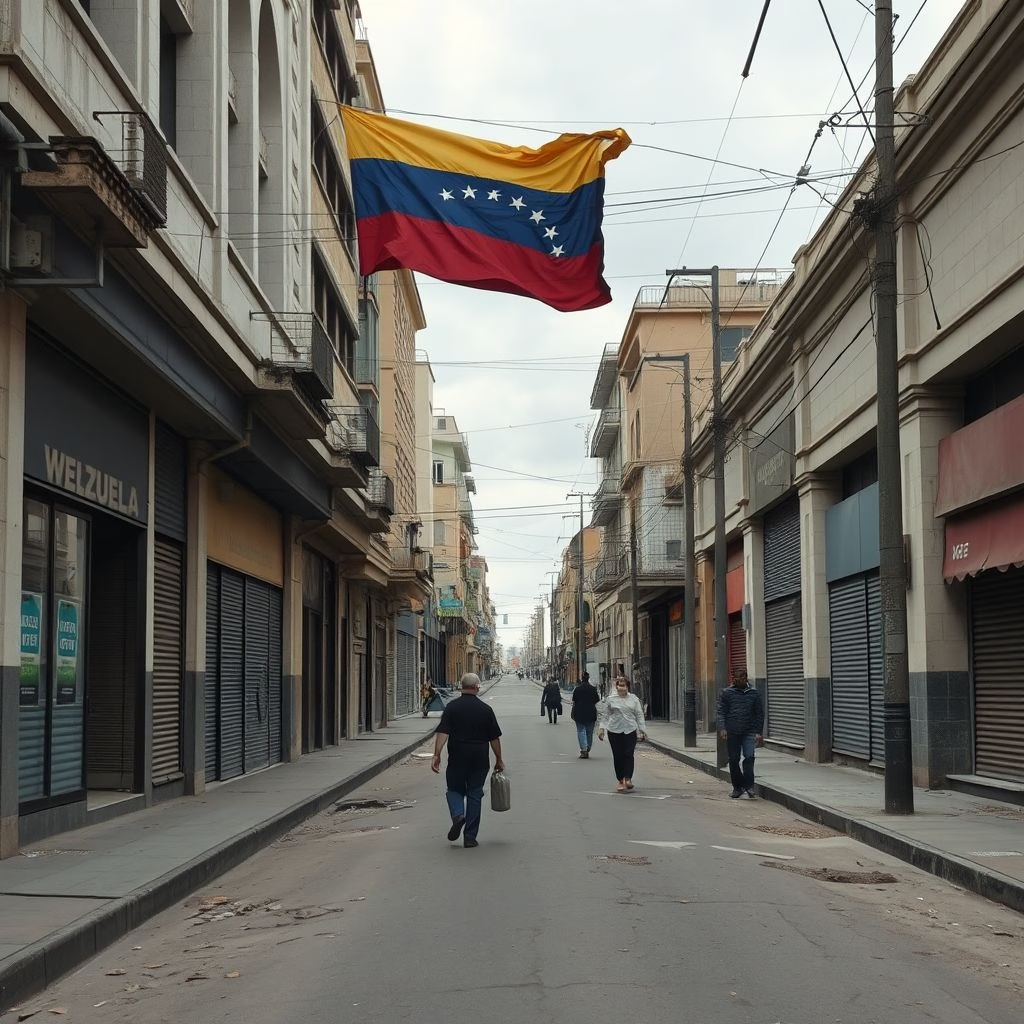Decoding the Economy: A Look at the Enduring Influence of Paul Krugman

Decoding the Economy: A Look at the Enduring Influence of Paul Krugman
Paul Krugman, a name synonymous with insightful economic analysis, has shaped our understanding of global trade, economic geography, and macroeconomic policy for decades. This blog post delves into the life and work of this influential economist, exploring his key contributions and enduring impact.
Born in the United States, Krugman has become one of the most respected voices in economics, earning a reputation for his clear and often provocative commentary. His work isn’t confined to academia; he’s successfully bridged the gap between complex economic theories and accessible public discourse. Krugman’s ability to explain intricate concepts in a relatable manner has made him a go-to source for journalists, policymakers, and the general public alike.
A Nobel Laureate’s Legacy
In 2008, Krugman received the Nobel Memorial Prize in Economic Sciences. This prestigious award recognized his significant contributions to new trade theory and new economic geography. These theories revolutionized the way economists understand international trade and the spatial distribution of economic activity. He demonstrated how economies of scale and network effects can drive trade patterns and shape the concentration of industries in specific locations. His work provided a powerful framework for understanding how globalization affects both developed and developing countries.
From Academia to the Op-Ed Page
Beyond his academic achievements, Krugman is well-known for his insightful writing. From 2000 to 2024, he served as a columnist for The New York Times. In this role, he tackled a wide range of economic issues, from fiscal policy and monetary policy to the causes and consequences of recessions. His columns were often critical of prevailing economic narratives and offered alternative perspectives on complex problems, often sparking lively debates.
An Academic Career of Distinction
Krugman’s academic career has been equally impressive. He has held professorships at several of the world’s most prestigious universities. He began his career at the Massachusetts Institute of Technology (MIT). Later, he moved to Princeton University before joining the Graduate Center of the City University of New York. These appointments reflect the high regard in which he is held by his peers and the significant impact he has had on the field of economics.
A Prolific Author and Researcher
The depth of Krugman’s influence is underscored by his extensive publication record. He is the author or editor of 27 books and has published over 200 scholarly articles. His publications span a broad range of topics, including international economics, economic geography, and macroeconomic issues such as liquidity traps and currency crises. His work offers invaluable insights into the dynamics of the global economy. His books have been translated into numerous languages, making his ideas accessible to a global audience.
Key Areas of Focus
Krugman’s research focuses on several interconnected areas. His work in international economics has explored the causes and consequences of trade and capital flows, as well as the impact of globalization on wages and inequality. In economic geography, he has examined the factors that drive the location of economic activity, such as the role of transportation costs, agglomeration economies, and consumer preferences. He’s also offered important analysis on liquidity traps – situations where interest rates are near zero and monetary policy becomes ineffective – and currency crises, providing a framework for understanding and managing these challenging situations.
Paul Krugman’s contributions have profoundly shaped the landscape of modern economics. His work has provided a deeper understanding of the global economy, making him an invaluable resource for anyone seeking to understand the complex forces that shape our world.
For further reading, consider the following sources:
- https://en.wikipedia.org/wiki/Paul_Krugman
- https://paulkrugman.substack.com/




